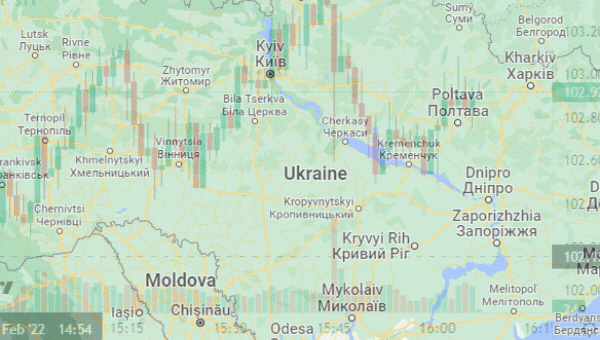The unthinkable did happen, in the end;
Europe sees the biggest military conflict since the Second World War and President
Putin’s ominous warning against interference is reverberating across the world.
The anxiety is palpable and the stock markets
across the world just reflects it.
As the news of the full scale invasion
sank in, the price of crude oil crossed the psychologically-crucial $100 mark
in the early hours of today.
As the tension between Russia and the West
has never been higher since the Cold War, the conflict could get really serious
and scary, of course, depending on the President Putin’s ultimate intentions;
he said he did not want to occupy Ukraine, something that has to be seen.
Although the West has not spelled out
the touch-sanctions that they had been talking about for the past few months,
there will be real issues when it comes to implementing they, as they inevitably
hurts the Western interest too; President Biden has already acknowledge that was
the case.
If Russia is completely cut off from
the Western markets, some European nations will find it hard to find alternative
sources for oil and gas at such a short notice, as Europe is still in winter. The
situation that Germany is in, is a case in point.
Even when there was no war in war, the
prices of crude oil went through the roof for the customers across the world;
in the current circumstances, it really can gets worse. The cascading effect
can be sense when you do your weekly or monthly shopping in a supermarket.
A war in Europe, protracted or not,
can make the crisis ten times worse for the consumers. The Western leaders will
be forced to address the concerns at the same race that they focus on the
crisis in Ukraine.
As for the countries that maintain
good relations with both Russia and Ukraine, there will be a serious balancing
act to be engaged in without hurting either. The situation faced by Turkey is a
classic example faced by countries caught in the middle at times of a serious
war.







